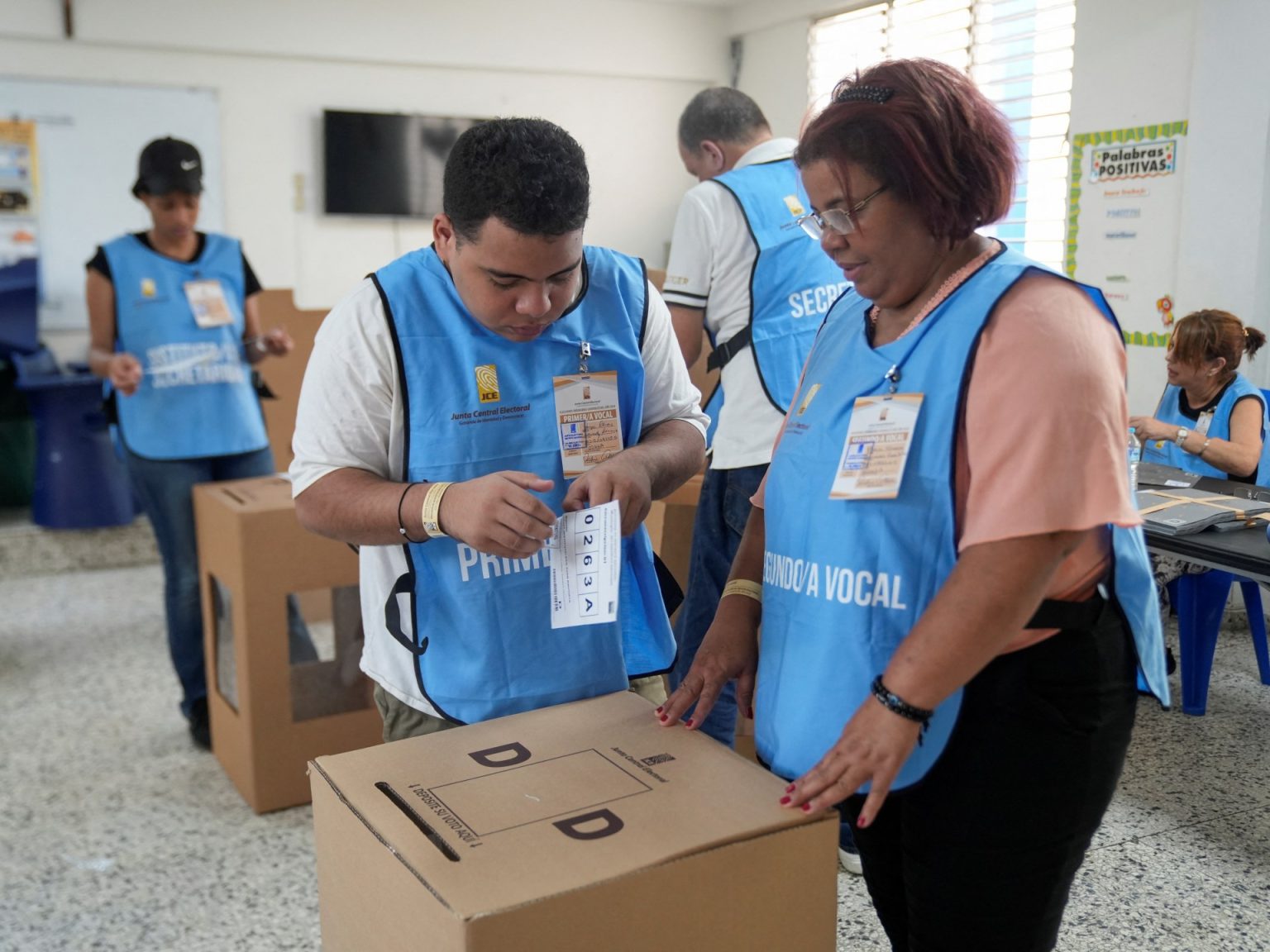Incumbent President Luis Abinader is expected to have a strong showing in the Dominican Republic’s presidential election, with his policies on migration and the economy proving to be widely popular among voters. Up to eight million eligible voters will cast their ballots to decide who will lead the country and address various issues such as the humanitarian crisis on the border with Haiti, corruption in government, and inflation and inequality in the top tourist destination in the Caribbean. Abinader, a former businessman and leader of the Modern Revolutionary Party, is seeking re-election as one of the most popular leaders in the Americas, with his handling of the COVID-19 crisis, stance on Haiti, and anti-corruption efforts giving him a strong advantage over his opponents.
However, Abinader’s popularity has been attributed in part to his government’s harsh crackdown on Haitians and the border shared with Haiti. Following the assassination of Haitian President Jovenel Moise in 2021, Haiti has faced increased political instability and gang violence, leading to a wave of Haitian migrants seeking refuge in the Dominican Republic. The Dominican government has responded by increasing deportations of Haitian migrants and constructing a border wall to prevent further migration. These policies have drawn criticism from human rights organizations, who view them as racist and a violation of international law, as they have resulted in the separation of families and the deportation of individuals with valid documents or who were born in the Dominican Republic.
Despite the criticisms, the government’s policies on migration remain popular among many Dominicans, reflected in Abinader’s high approval ratings of around 70 percent. Concerns about the “out of control” migration from Haiti have resonated with voters like Perla Concepcion, a 29-year-old secretary who considers migration to be her main worry as she heads to the polls. If Abinader secures more than 50 percent of the vote, he will win another term without needing a second round of voting. However, if no candidate reaches this threshold, a runoff election will be held on June 30. In addition to the presidential election, voters are also participating in legislative elections on the same day, with voting taking place from 7 am to 5 pm and initial results expected by 8 pm.
The humanitarian crisis on the border with Haiti and the government’s response to it have been key issues in the election, with Abinader’s opponents, including former President Leonel Fernandez and Mayor Abel Martinez, trailing behind him in the polls. Abinader’s anti-corruption agenda and efforts to grow the country’s economy have resonated with many voters, contributing to his strong standing in the election. The Dominican Republic’s relationship with Haiti and its handling of the migration issue will continue to be a point of contention both domestically and internationally, as human rights organizations and critics condemn the government’s policies as discriminatory and unjust. The outcome of the election will shape the future direction of the country and its approach to addressing pressing issues such as migration, corruption, and economic stability in the region.
In conclusion, the Dominican Republic’s presidential election is a significant moment for the country as voters choose their next leader to address key challenges facing the nation. President Luis Abinader’s policies on migration and the economy are likely to sway voters in his favor, while his opponents strive to present alternative solutions to the country’s pressing issues. The government’s crackdown on Haitian migrants and the border situation with Haiti remain divisive topics, with critics denouncing the policies as violations of human rights and international law. The election results will have far-reaching implications for the Dominican Republic’s future and its relationship with neighboring Haiti, as well as its standing in the international community. Whichever candidate emerges victorious will face the daunting task of navigating the complex issues of migration, corruption, and inequality to lead the country towards stability and prosperity.













